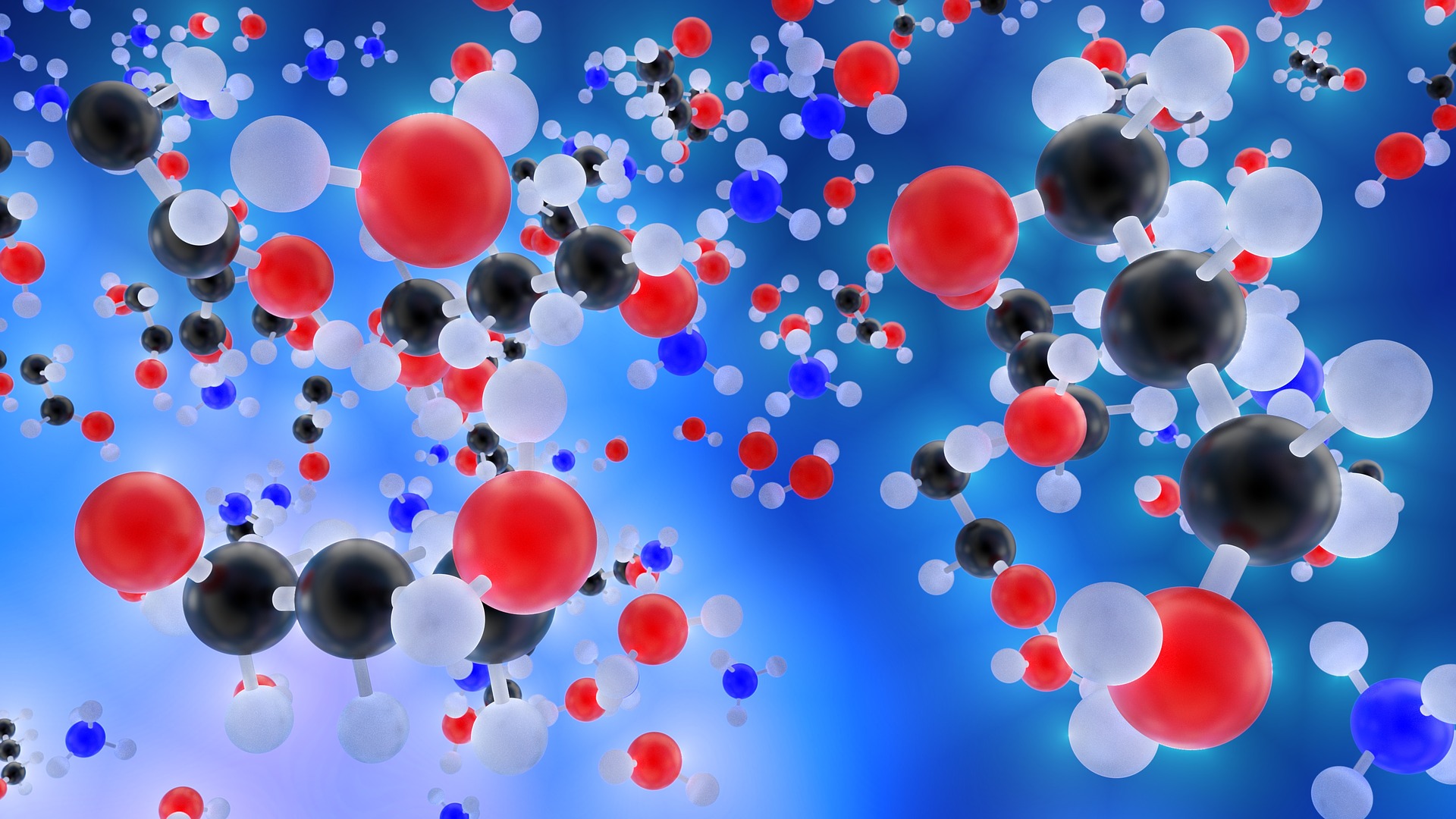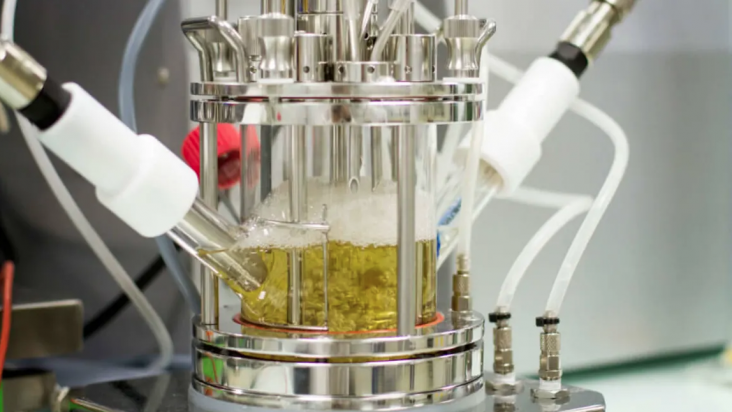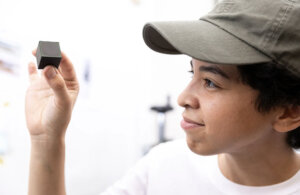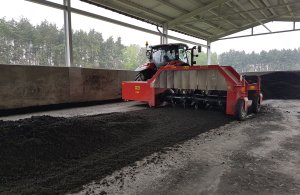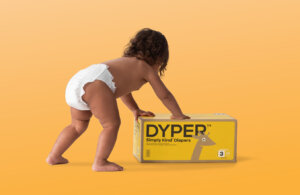(Credit: courtesy Carbios)
Inside a bioreactor in the laboratory of the France-based startup Carbios, pulverized PET plastic waste—the kind of plastic found in drink bottles and polyester clothing—is mixed with water and enzymes, heated up, and churned. According to an article on fastcompany.com the enzymes decompose the plastic in a matter of hours into the material’s basic building blocks, called monomers, which can then be separated, purified, and used to make new plastic that’s identical to virgin material. Later this year, the company will begin construction on its first demonstration recycling plant.
“Our process can use any kind of PET waste to manufacture any kind of PET object,” says Martin Stephan, the company’s deputy CEO. It’s a process that could happen in an infinite loop: Unlike traditional recycling, which degrades materials each time you do it, this type of “biorecycling” can happen repeatedly without a loss in quality. A new transparent water bottle made this way will look and perform like one made from oil, even if the source was a mixture of old clothing and dirty plastic food trays. “The final product will be the same quality as petrochemical PET,” Stephan says.
